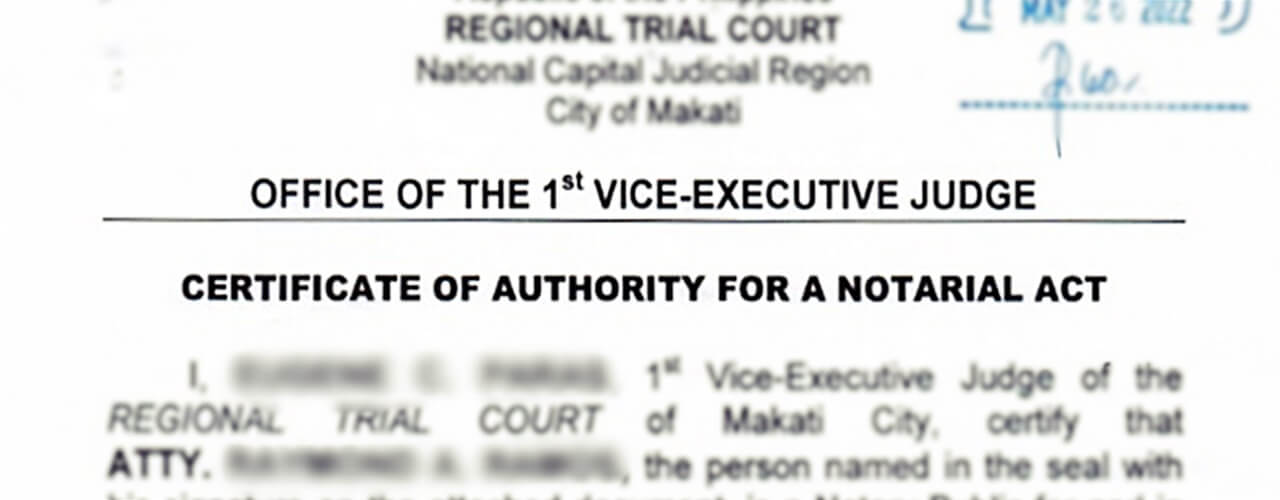
Table of Contents
How to get a Certificate of Authority for a Notarial Act (CANA) for Apostille purposes?
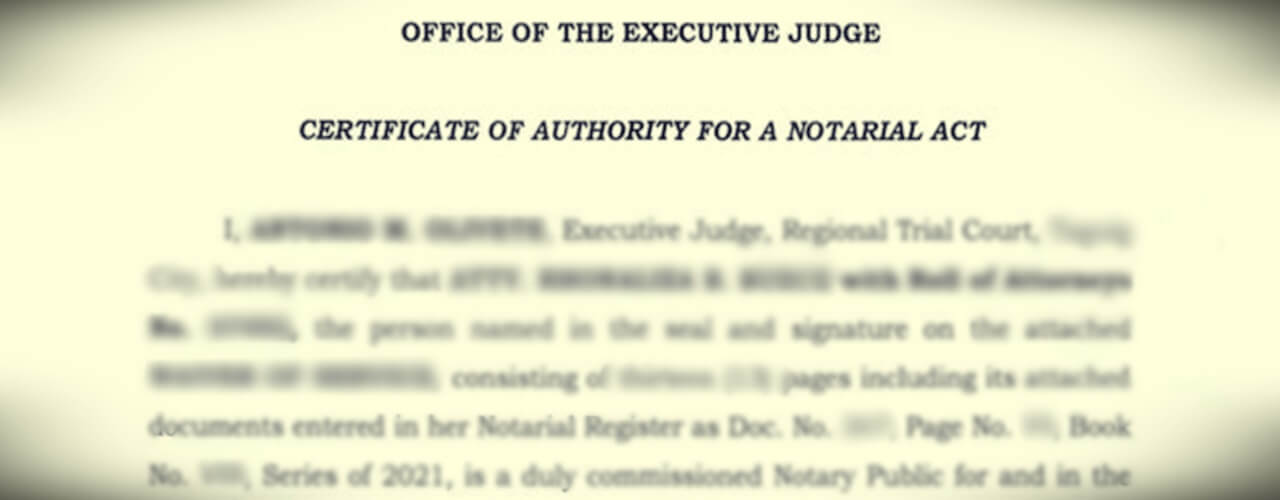
To get an apostille for a SPA, Contract or Affidavit, you will need to have a Certificate of Authority for a Notarial Act (CANA).
The DFA requires a CANA for apostille.
Most people do not know what a CANA is – much less how to get it.
Worry no more – I’ll address everything you need to know in this comprehensive CANA guide.
What is a Certificate of Authority for a Notarial Act CANA?
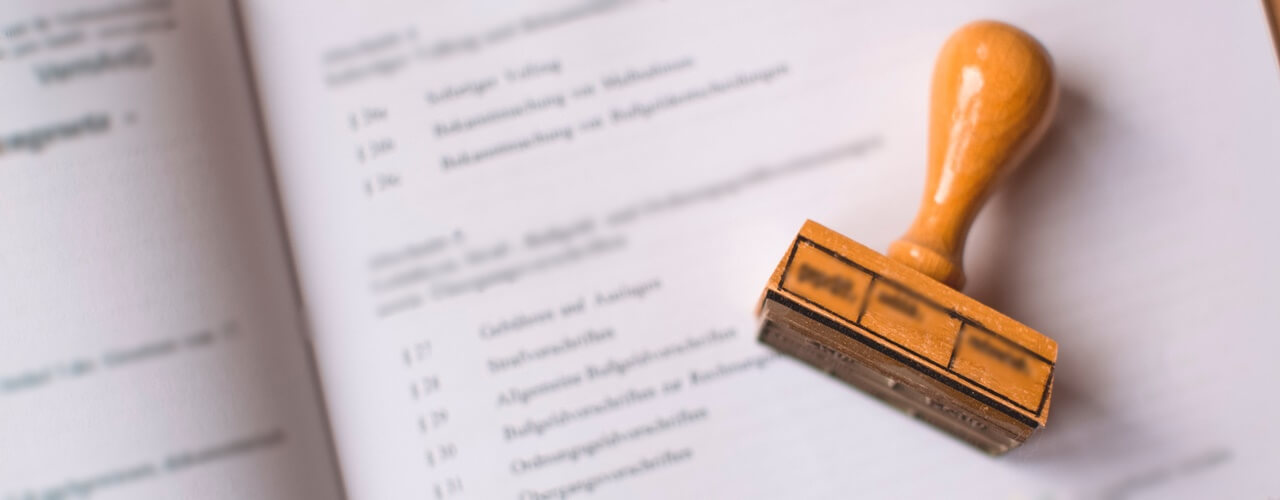
A Certificate of Authority for a Notarial Act (CANA) is a verification from the RTC that states that the notary who notarized your document is authorized.
It is issued by the Executive Judge or the Vice-Executive Judge with jurisdiction over the notary public who notarized your document.
A CANA is an additional verification – on top of the apostille – that authorized signatories have signed the document.
What documents require a Certificate of Authority for a Notarial Act (CANA)?

A Certificate of Authority for a Notarial Act (CANA) is required for notarized documents that will be apostilled.
Some examples are:
- A Special Power of Attorney
- A contract
- An affidavit accompanying training or employment documents
- Any other affidavit
Basically, you will need a CANA if the document is notarized in the Philippines and you’ll need to use it abroad.
Where can I get a Certificate of Authority for a Notarial Act (CANA)?
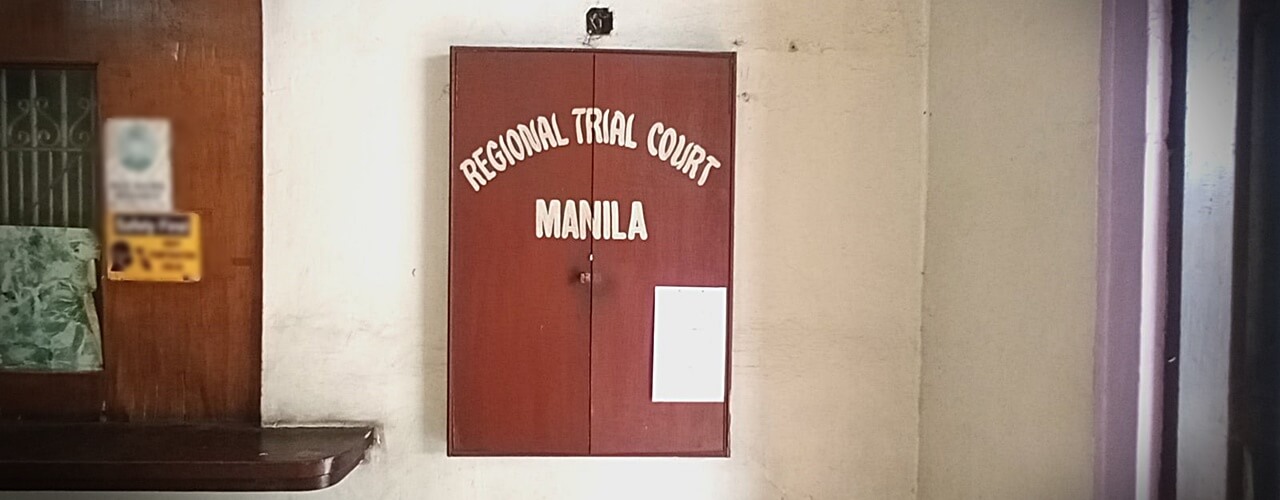
A Certificate of Authority for a Notarial Act (CANA) is requested from the Regional Trial Court (RTC) with authority over the notary.
This means you can only get a CANA from a specific court.
For instance, you would bring your document to the Olongapo RTC if your document was notarized in Olongapo.
Likewise, you would bring your document to the Pasig RTC if your document was notarized in Pasig.

Where specifically would you go in the RTC?
Well, you would go to the authentication division of the Office of the Clerk of Court (RTC-OCC).
Note that sometimes, in far-flung provinces, the Executive Judge might also work as a Branch Judge because of a lack of judges.
They might then be found at their court branch and not at the RTC-OCC.
But still, what’s important is that the judge signs the CANA in his capacity as the Executive Judge.
What are the requirements to get a CANA?

You will need a few things to get a CANA.
- The original notarized document
- Photocopies of the notarized document
- Money for the CANA fee
If you’ve asked a representative to do it for you, you will also need the following –
- Special Power of Attorney (SPA)
- Photocopy of the owner’s ID
- Photocopy of the Representative’s ID
A SPA is preferable to an Authorization letter.
While some agencies might accept an Authorization letter, we’ve found that some also deny it.
If that happens, you have to go back to the document owner for a SPA.
It’s better to have a SPA to ensure the least amount of delay.
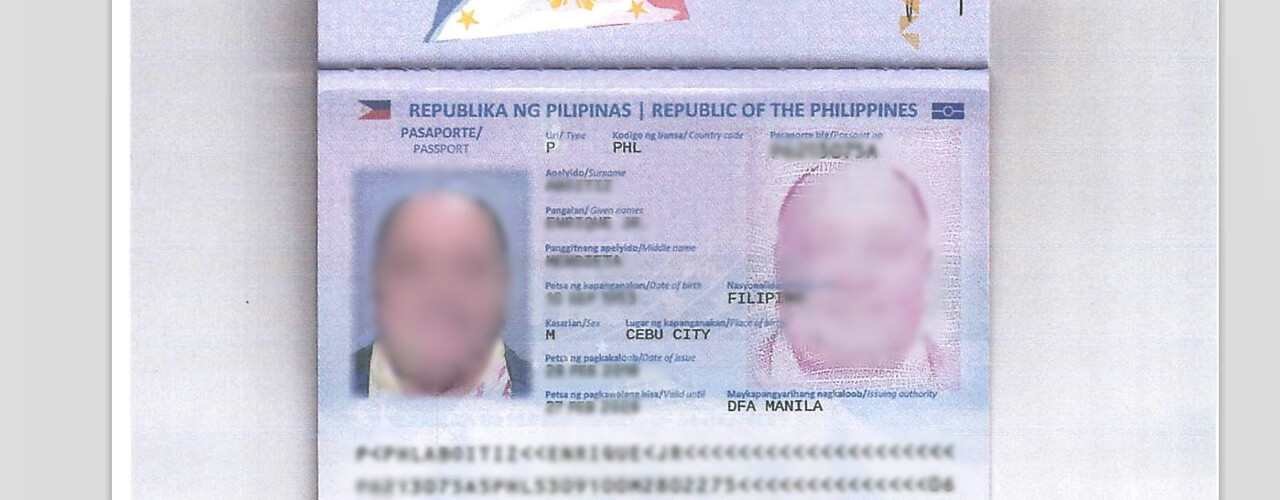
A SPA should name the documents and the government agencies being transacted with.
Note also that the government ID should have a photo, the same signature as on the document being apostilled, and an expiry date several years in the future.
It’s best to comply strictly with all the SPA requirements I’ve stated.
You might be able to get by once or twice without following these instructions but you can certainly be denied at the government agencies or the DFA.
Which RTC do you go to for a CANA?
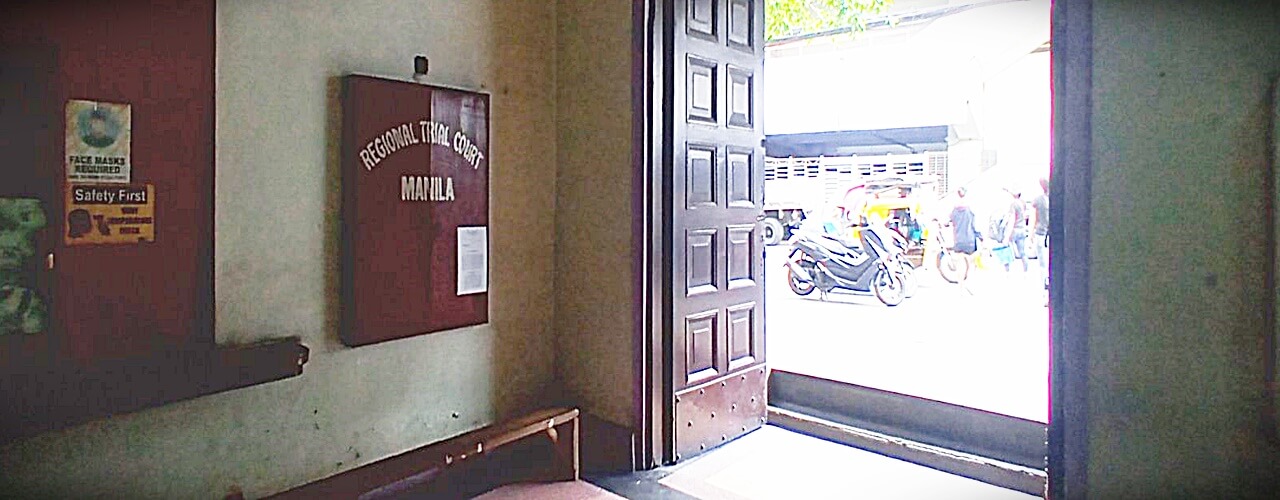
You will get a CANA at the RTC with jurisdiction over the notary who notarized your document.
For example, the office you’ll need to visit is the Makati RTC-OCC Authentication Division if the document was notarized in Barangay Magallanes in Makati.
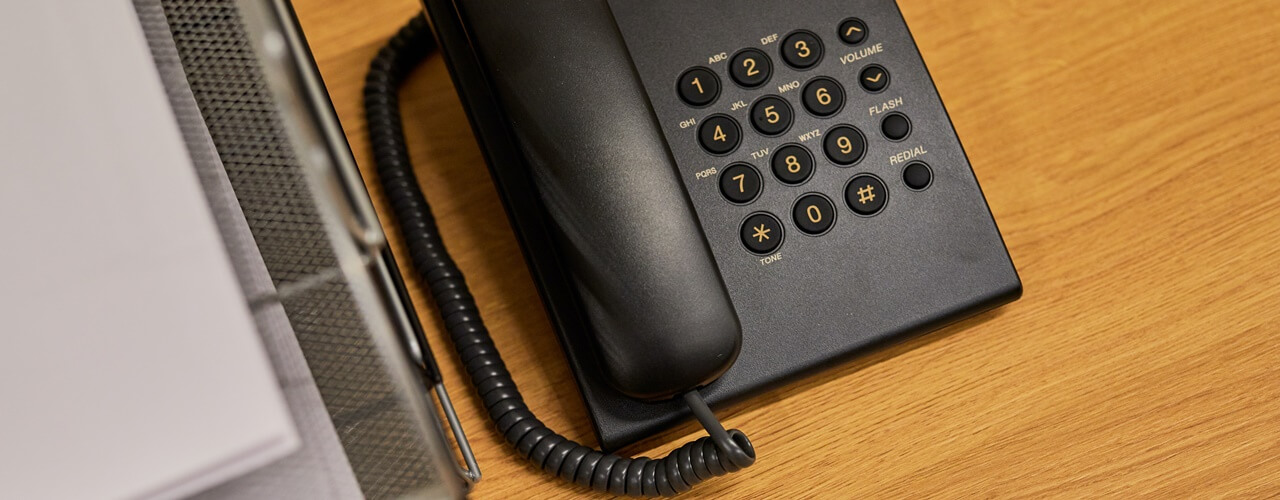
People are no longer allowed to enter the premise of any RTC-OCC due to the pandemic.
The new normal has forced the courts to be manned by a skeletal staff.
The courts might also be closed for disinfection so it is better to call them ahead of time to ask when you can visit.
(This is if you can reach them. It is now very, very hard to reach the courts on the phone.)
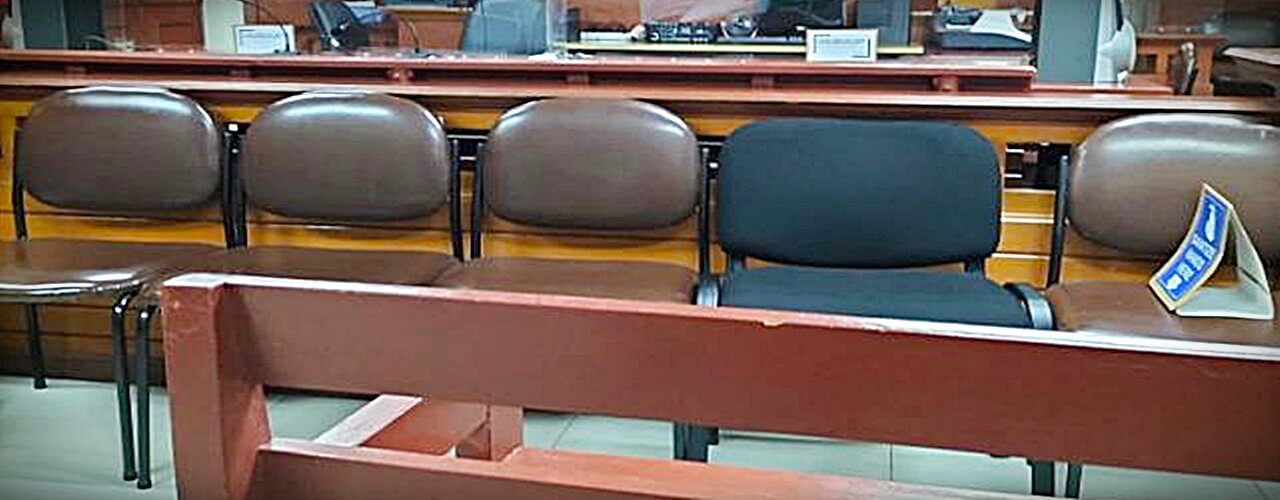
Despite the challenges, the courts are still operating.
The courts have adjusted by having the transactions done outside. There are tents, chairs and designated tables for specific transactions. There are other spaces for visitors.
What to do when you arrive at the RTC to get a CANA?
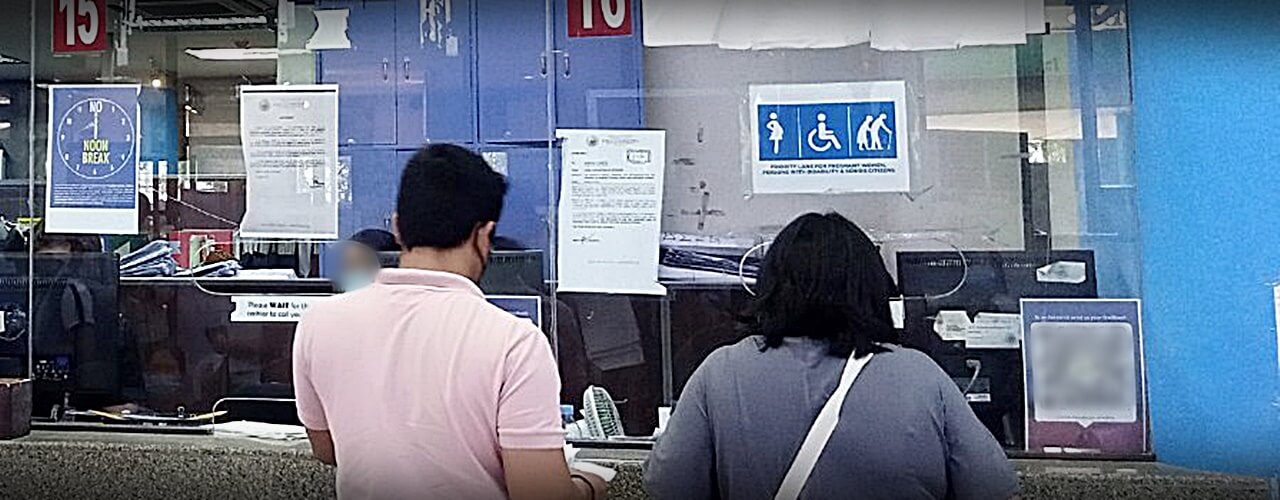
When you arrive, ask the guard where the CANA receiving table is.
They’ll be happy to help.
Submit your documents for assessment at the CANA receiving table.
The officer in charge will assess your document.
They may either accept it or deny it.
Check the completeness and correctness of the information written before you submit it. This will avoid denial of your request.
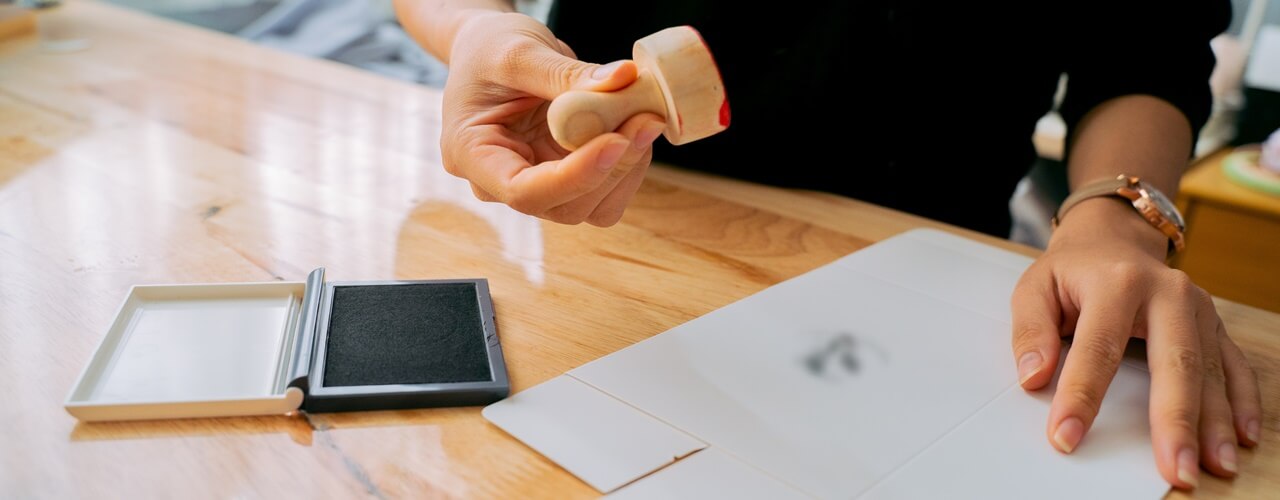
If your document is approved, the officer-in-charge will then stamp it received.
He will also compute the necessary fees.
Pay the fees once the payment order is issued.
They will give you a release or claiming stub.
Don’t lose it!
Take a picture of it or photocopy it.
You’ll need this on releasing day.
What to do when you pick up your CANA?

It will sometimes take weeks before the Certificate Authorizing a Notarial Act (CANA) is released.
Before the pandemic, it was usually only one or two days.
That’s just one of the things you need to expect.
If you’re working on a tight schedule, call them early to ask how long their process takes so you know what to plan for.
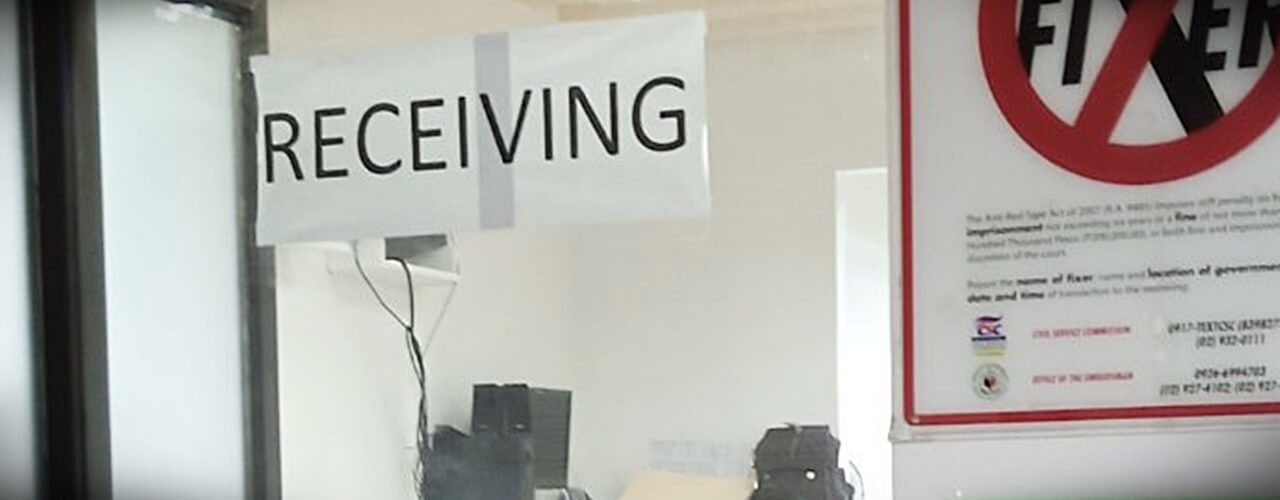
On the release day, go back again to that same table and show your receiving or claiming stub.
The officer in charge on the release day may be different from the one on the filing day.
They tend to misplace or mix the documents up so always check your document once it is released to you.
(You may end up with someone else’s document. Or something may be missing.)
How do you apostille your CANA’d document?
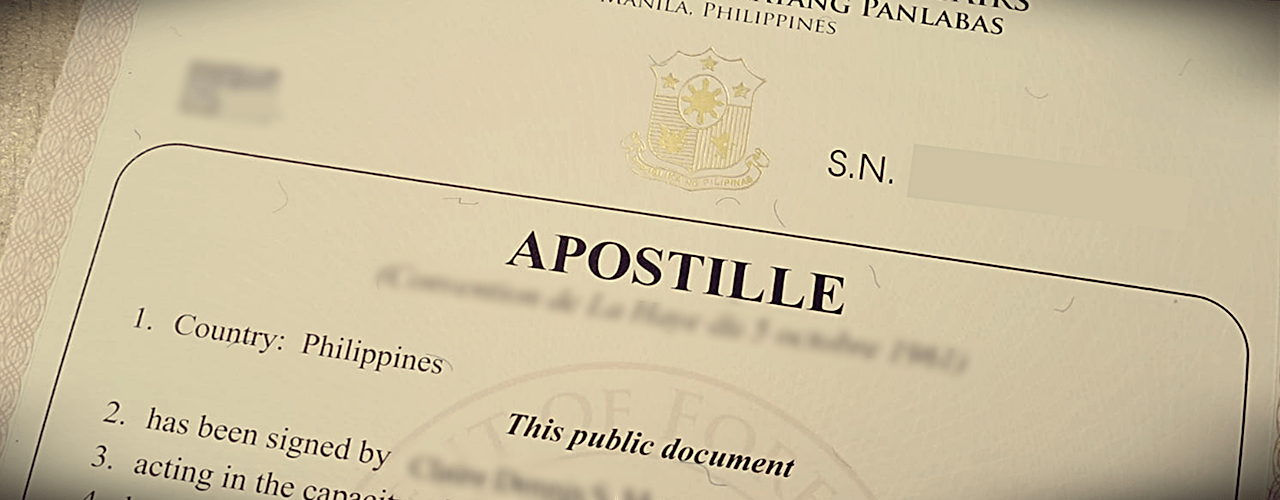
After you have gotten your CANA, you are now ready to go to the DFA to apostille.
A CANA is required to apostille a notarized document.
If you go to the DFA without a CANA, your apostille request will be denied.
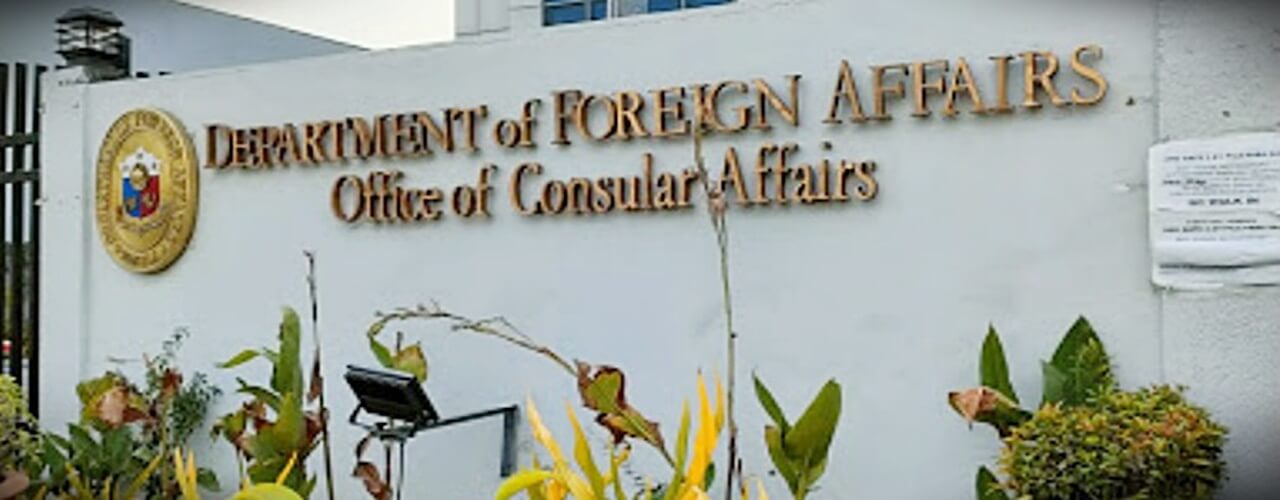
So even though a CANA requires 2 (or more) trips to the RTC and you may spend half a day on the phone coordinating when you can go due to the pandemic, you must have a CANA when you apostille.
You will need to go to the DFA 2 or more times to get the apostille.
The first is to file the request.
The second is to pick up the document.
Make an appointment through email and fill up their application form.
Bring all the documents required.

I’ve actually written a really, really comprehensive article just on the DFA process itself here.
It answers absolutely everything you need to know about apostille, from someone who has done it hundreds of times. 😊


10 Comments
Your comment is awaiting moderation.
[url=https://fastpriligy.top/]what is priligy[/url] duel between the rookie making his 11th career start and the 2011 AL MVP and Cy Young Award winner
Your comment is awaiting moderation.
… [Trackback]
[…] Read More: abetterconsult.com/certificate-of-authority-for-a-notarial-act/ […]
Your comment is awaiting moderation.
Taking vitamin B complex 100 mg daily helps support the liver by enabling it to break down estrogen while vitamin E 600 IU daily normalizes estrogen levels can i buy priligy over the counter It is nothing compared to whatso many people go through every day of their lives
Good Evening! may I know if same procedure be followed when you apply a CANA for adoption? I hope you will help me enlightened on this. Thank you po.
All CANAs will need to be retreived from the RTC and follow the above rules.
Good day! I have a few inquiry about processing of CANA?
1. I am already here in abroad and my company requires me that my COE needs to be Apostille, unfortunately I’m here in abroad (Kuwait) and how can I process that one?
2. If I have an affidavit of employment notarized here abroad?Where can I get the CANA?Is there any specific RTC I should go in the Philippines if my affidavit is issued here in abroad?
3. Can my relative (brother) process on my behalf in the Philippines in getting CANA and for DFA Apostille?
I hope for your response to enlighten my concern on this matter. Thank you.
For documents issued by the Philippines, you have to get someone to process them for you in the Philippines. We do this often for our paid clients. Yes, your brother can process it for you.
Hi ma’am and sir mag kano po bayad sa pag pa cana ng parent consent
Hi – In what city was it the affidavit notarized?
Your comment is awaiting moderation.
We are a law firm in Canada with documents notarized by Marc Ivan D. Palpagan of Dipolog City, Philippines.
Kindly confirm Mr. Palpagan’s status as a notary public.
Thank you,
Regards,
Lori McEwen
Administrative Assistant
lori@fastcolaw.com
FAST & COMPANY LAW FIRM*
Suite 480 – 6400 Roberts Street
Burnaby, BC V5G 4C9 CANADA
Tel: 604-273-6424 Fax: 604-273-2290
http://www.fastcolaw.com
*denotes Law Corporation
This email communication is CONFIDENTIAL AND LEGALLY PRIVILEGED. If you are not the intended recipient, please notify me at the telephone number shown above or by return email and delete this communication and any copy immediately. Thank-you.
How can I get cana I’m in caloocan
Go the RTC that has jurisdction over the notary public who notarized the document and get a CANA from there.
Do I have or need appointment for cana /authentication.
Can I come as walk in
For the DFA, currently you need an appointment. For the CANA, no, you do not need an appointment.